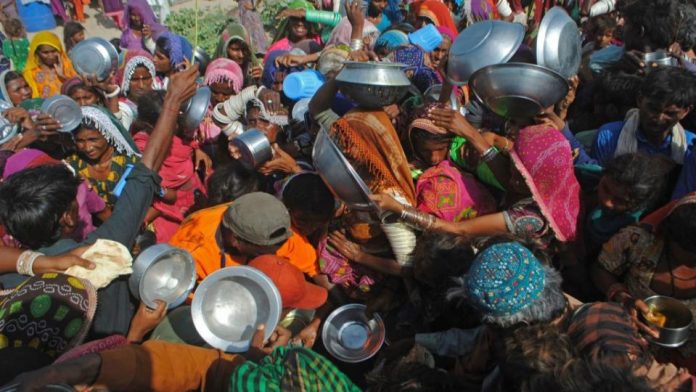Pakistan is facing tough times, and its people are feeling the pinch. As inflation continues to rise, the cost of living has soared, making it harder for families to cope. With dwindling foreign reserves, the situation has become precarious, raising concerns about the country’s future.
In February, food prices skyrocketed, with urban areas witnessing a tripled inflation rate of 41.9 percent, and rural regions facing 47 percent. Families are finding it increasingly difficult to put meals on the table.
To make matters worse, Pakistan’s foreign reserves have plummeted to just $4 billion, not enough to pay for essential imports for even a month. The burden of external debt, totaling $77.5 billion between April 2023 and June 2026, has put immense pressure on the economy, making it hard to recover.
Amidst these struggles, uncertainty looms due to the upcoming elections, adding to the people’s anxieties about the future of civilian rule.
As the country grapples with this financial crisis, Pakistani leaders face the daunting task of finding solutions to stabilize the economy and bring relief to families across the nation. The road ahead is challenging, and without the help of IMF bailout and Islamic nations, it doesn’t look like Pakistan will recover.

